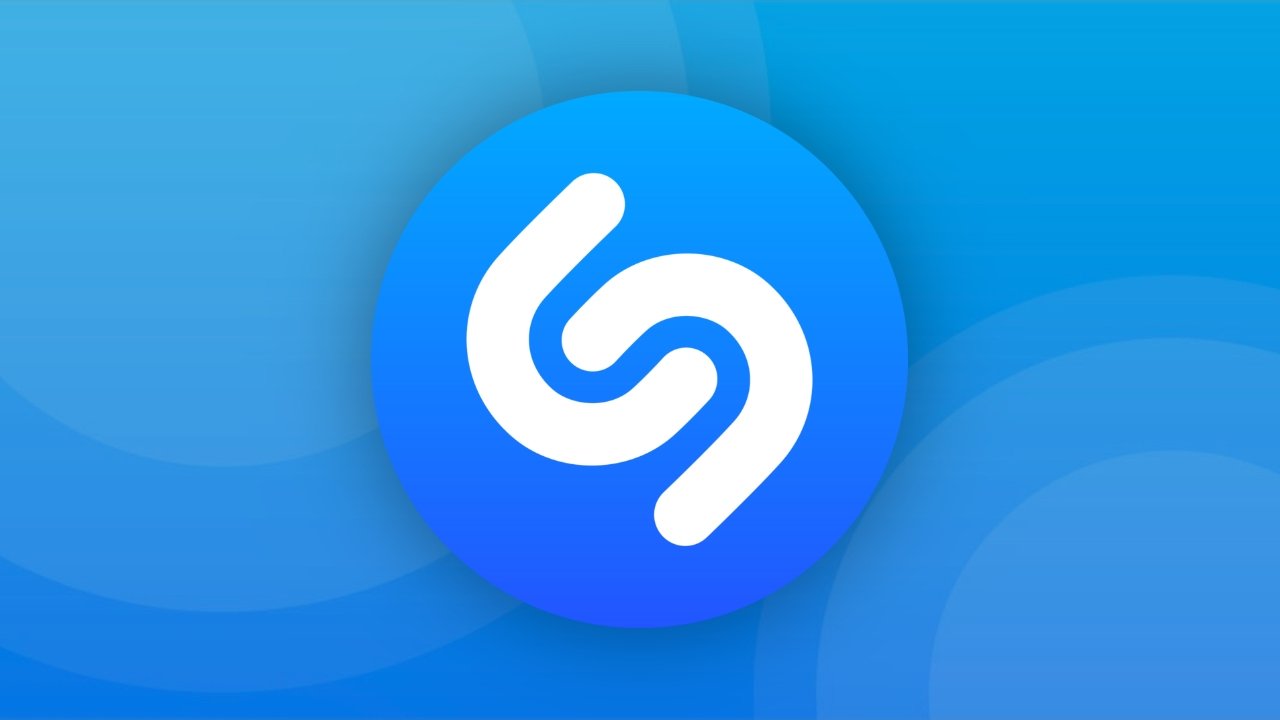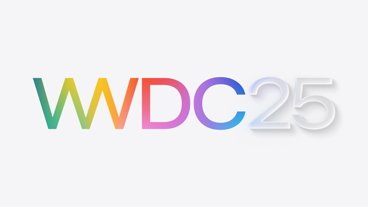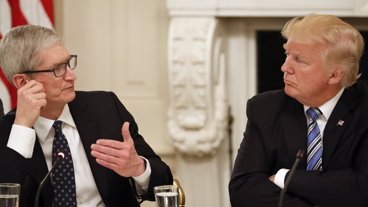Shazam, the wildly popular song recognition app, has reached a major milestone by identifying more than 100 billion songs — up from 70 billion songs in 2022.
On Wednesday, Apple took a moment to praise Shazam for reaching a major milestone. Since its inception in 2002, Shazam has been used to identify 100 billion songs worldwide.
To put that in perspective, Apple points out that a person would need to use Shazam to identify a song every second for 3,168 years to reach 100 billion. It's also equivalent to 12 songs identified for every person on Earth.
"This monumental milestone not only reflects how much people enjoy using Shazam, but also their appetite for new music," Oliver Schusser, Apple's vice president of Apple Music and Beats, said in a press release.
"Music discovery is at the core of everything we do, and we keep innovating to make sure music lovers around the world can tap the Shazam button no matter where they hear music playing!"
Shazam launched in 2002, first as an SMS service in the United Kingdom. Users would dial 2580, hold their phone to the speaker, and wait to receive the song name and artist via text message.
Six years later, Shazam would get its own iOS app. By 2011, Shazam would recognize more than 1 billion songs.
Apple acquired Shazam in 2017 and brought it under the umbrella of Apple apps by early 2018. Apple would later integrate Music Recognition into its iOS lineup, allowing users to add a Shazam button to control center.
In 2022, Apple celebrated Shazam's 20th birthday. By that point, Shazam had 225 million monthly global users and more than 70 billion song recognitions.
To celebrate the 100 billion song milestone, Apple has created Shazam's Top 100 Songs of All Time playlist, which includes hits like Tones and I's "Dance Monkey", OneRepublic's "Counting Stars", and Daft Punk's "Get Lucky".
 Amber Neely
Amber Neely








 Andrew Orr
Andrew Orr
 Wesley Hilliard
Wesley Hilliard

 Oliver Haslam
Oliver Haslam
 Christine McKee
Christine McKee










4 Comments
I sure do rely on it rather frequently.
Used to use it quite often, but now rarely in an environment where it's useful.
Somebody else must have used my 8 songs...
I remember when most radio stations would announce the artist and songs before or after it played. Shazam comes in handy now